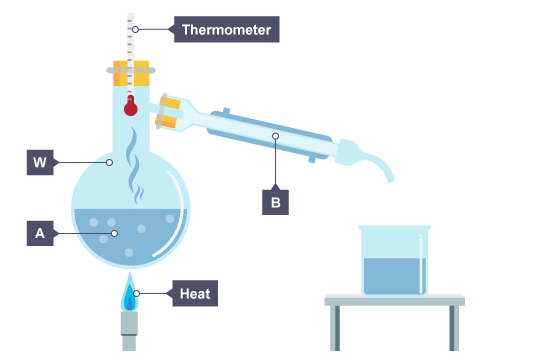Organic chemistry quiz
15 QuestionsQuiz Description
In this quiz, we are going to be looking at some major aspects of organic chemistry. Here, we shall cover some methods of separation of some organic mixtures, a study of hydrocarbons, identification of reactants, etc. It is going to be an exciting exercise going through the quiz.
Organic chemistry also known as the chemistry of carbon, is a branch of chemistry that studies the study of the structure, properties, compositions, reactions, and preparation of compounds containing carbon. This is one of the main branches of chemistry as a whole. Organic compounds form the basis for all life on earth as they constitute the majority of known chemicals. Also, the study of organic chemistry isn’t only limited to hydrocarbons, but also goes as far as involving the study of compounds with carbon and other elements.
This section of chemistry is very broad and needs to be studied with a lot of concentration. For this reason, this quiz was made to assist in achieving that goal. All you need to do is take the quiz and see how much you know and still need to know. We wish you the best.
The apparatus in the diagram is used to separate a mixture of liquids in a fuel. What is apparatus W in the diagram?

Which of the following chemical reagents and reaction conditions is used in to 'breakdown protein into amino acids'?
Which of the following chemical reagents and reaction conditions is used in the laboratory to convert 'ethanol to ethanoic acid'?


